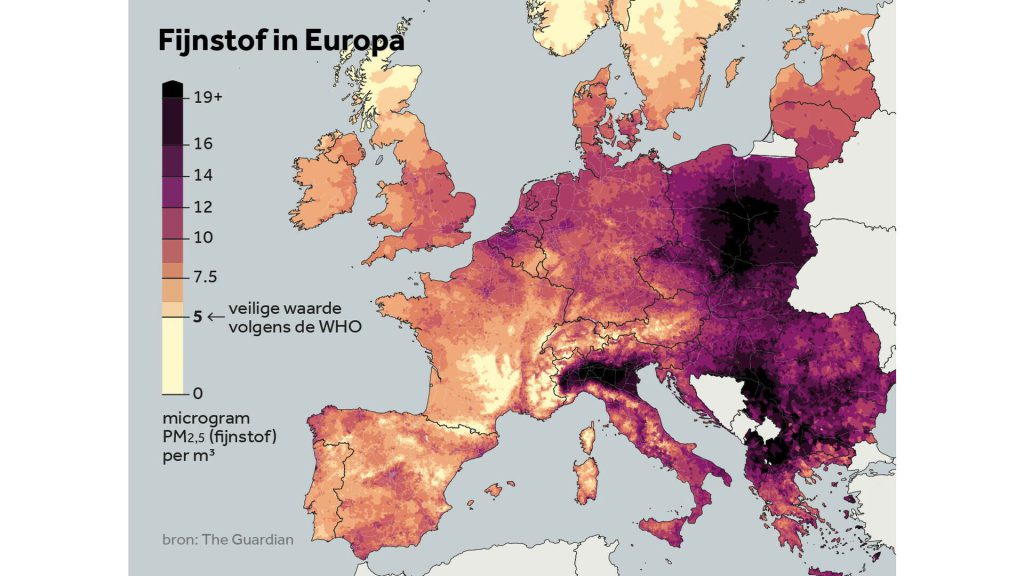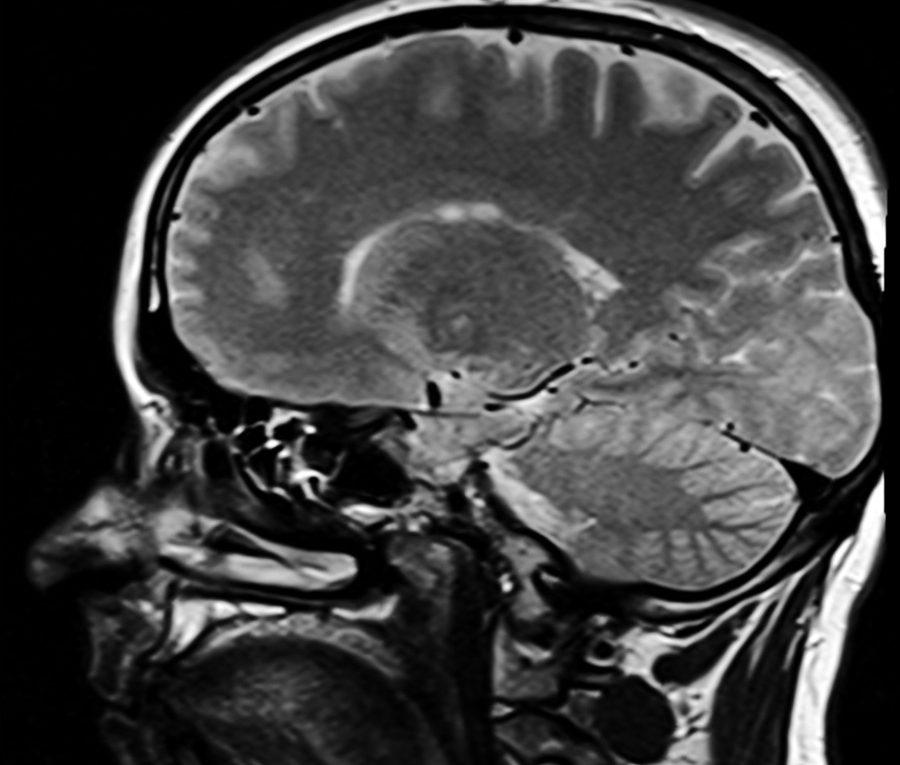Does it Matter
I just watched a short introduction via the Harvard YouTube channel about the influence of air pollution on our physical and mental health. Unfortunately, the content was very limited and only PM 2.5 (particulate matter, particles with a diameter of at least 2.5 micrometers to a maximum of 10 micrometers) was discussed.
However, logic dictates that MPPS (0.3 to 2.5 micrometers) and ultrafine particles (smaller than 0.3 micrometers = 300 nanometers) are many times more harmful to our health because they enter our cells via the lungs and our bloodstream. The PM disrupts the functioning of our cells. Hence, the abbreviation Most Penetrating Particle Size.
Does it Matter?
Van Wees Innovations has patented technology to remove over than 99.999% of ultrafine dust from air in one pass; ninety-nine point nine-nine-nine. Picodust – smaller than 1 nanometer – and gases are captured over 99%, even now, in one pass.
Why wait if you can install such an installation in front of your current HVAC unit next month and therefore provide your office, hospital or production environment with cleaner air than ‘mountain air’?
Watch the VWI video here:
Does it Matter?
Yes, it matters. The benefits are enormous. Clean air promotes our physical and mental health. It increases our alertness and therefore the quality of our work and decision-making. It reduces absenteeism due to illness and therefore also the costs for business operations. There are only advantages to mention.
Would you like to watch this presentation via the Harvard channel? Then follow this link
Do you want to tap clean air in your company? Please call me on +31 6 200 17 111 or email me at remonatali@vanweesinnovations.com
NS
Look at the picture of Europe: the number of micrograms, PM 2.5 per cubic meter. Central Netherlands is the runner-up. Only Poland and industrial Northern Italy are ahead of us. The WHO recommends 5 micrograms of PM 2.5 per cubic meter. In the US, it is now legally determined that this must be lower than 9. In the Netherlands, we average 12 micrograms per cubic meter.


